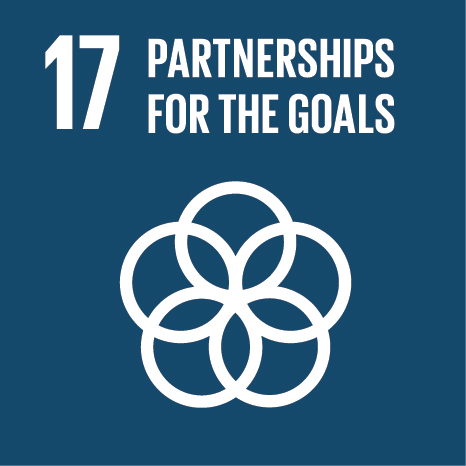Ciência_Iscte
Publications
Publication Detailed Description
Visão global do 3º Congresso Nacional de Medicina Tropical e 1º Congresso Lusófono de Doenças Transmitidas por Vetores
Journal Title
Anais do Instituto de Higiene e Medicina Tropical
Year (definitive publication)
2015
Language
Portuguese
Country
Portugal
More Information
Web of Science®
Scopus
This publication is not indexed in Scopus
Google Scholar
This publication is not indexed in Overton
Abstract
A medicina tropical tem vindo a assumir, cada vez mais, uma dimensão global. As patologias referidas como tropicais e restritas, durante muitos anos, a territórios tropicais têm vindo gradualmente a conquistar, cada vez mais, espaço geográfico em áreas anteriormente consideradas isentas destes flagelos. Atualmente, a Europa e os EUA debatem-se com surtos epidémicos de infeções por microrganismos patogénicos considerados tropicais e o impacto das doenças transmitidas por vetores na Saúde humana e veterinária encontra-se cada vez mais disseminado. O Instituto de Higiene e Medicina Tropical da Universidade NOVA de Lisboa organizou o 3º Congresso Nacional de Medicina Tropical e o 1º Congresso Lusófono de Doenças Transmitidas por Vetores, nos dias 20 e 21 de abril de 2015, tendo sido a maior parte dedicado às doenças transmitidas por vetores. A iniciativa contou com cerca de 300 participantes (oriundos de países da Lusofonia e ainda de outros centros científicos internacionais), com 57 comunicações orais e 41 posters. Este encontro teve como objetivo criar um espaço para a discussão e apresentação de trabalhos, desenvolvidos a nível nacional e internacional, nomeadamente sobre a prevenção, o controlo e a eliminação, assim como os vários desafios associados ao desenvolvimento de novas metodologias aplicadas ao diagnóstico e tratamento das doenças transmitidas por vetores.
Currently, Tropical Medicine emerged as both an important medical specialty and scientific discipline assuming a preponderant global dimension. Until a few years ago, several tropical pathologies, which were exclusively associated with tropical regions, have been gradually expanding to other geographic areas previously considered free of these infections. Vector-borne diseases are included among this group of infections. Actually, Europe and the US struggle with disease outbreaks caused by pathogens primarily associated with tropical regions. In fact, the impact of vector-borne diseases in human and veterinary health is increasingly being disseminated worldwide. The Institute of Hygiene and Tropical Medicine, University NOVA of Lisbon organized the 3rd National Congress of Tropical Medicine and the 1st Congress of Portuguese Speaking Countries on Vector-borne Diseases, on 20th - 21st of April, 2015, dedicated to vector-borne diseases topics. The meeting was attended by about 300 participants from Portugal, Portuguese speaking countries, and other international scientific centers. Overall, 57 oral communications and 41 posters were presented on sessions that promoted great interest and scientific discussion, about the control, elimination, as well as the challenges associated with the development of novel methodologies applied to the diagnosis and treatment of several vector-borne diseases.
Acknowledgements
--
Keywords
vector-borne diseases,transmission,diagnostics,control,elimination
Fields of Science and Technology Classification
- Biological Sciences - Natural Sciences
- Clinical Medicine - Medical and Health Sciences
- Health Sciences - Medical and Health Sciences
- Other Medical Sciences - Medical and Health Sciences
- Veterinary Science - Agriculture Sciences
- Media and Communications - Social Sciences
- Other Social Sciences - Social Sciences
Contributions to the Sustainable Development Goals of the United Nations
With the objective to increase the research activity directed towards the achievement of the United Nations 2030 Sustainable Development Goals, the possibility of associating scientific publications with the Sustainable Development Goals is now available in Ciência_Iscte. These are the Sustainable Development Goals identified by the author(s) for this publication. For more detailed information on the Sustainable Development Goals, click here.

 Português
Português




